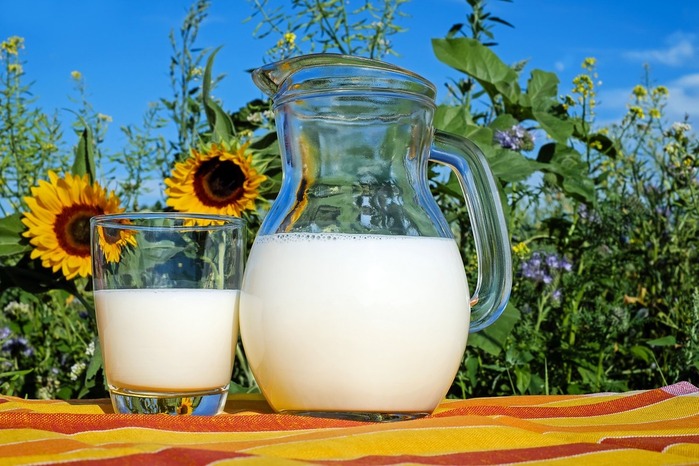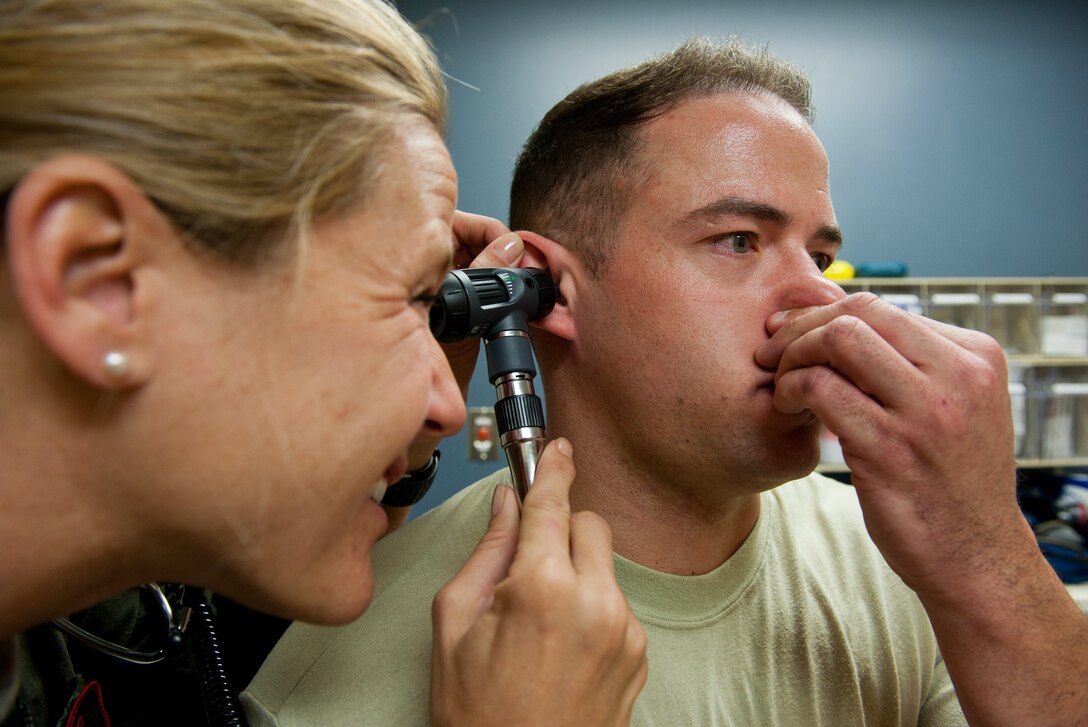The Influence of Baby Formula on Future Disease Prevention
Cow’s milk allergy (CMA) is one of the most common allergies in children, affecting about 7% of babies under the age of one. Over the past twenty years, there has been a significant rise in the number of children with CMA. Research also shows that babies with CMA are more likely to develop other atopic diseases, including asthma, eczema, and chronic hives, to name a few, later on. This likelihood has only increased in the last twenty years, with more severity in symptoms. Children with CMA are therefore more likely to face higher healthcare costs, especially as they age into adulthood.
Currently, babies with CMA are to avoid consumption of anything containing cow’s milk proteins like casein and whey. As such, those who are not breastfed are fed baby formulas that do not contain cow’s milk proteins. In fact, new findings suggest that ingredients contained in baby formulas may actually help prevent the later development of atopic diseases in children born with CMA.
Research recently published by researchers at the University of Naples highlights a five-year-long study that investigated the effects of different baby formulas on children with CMA from infancy (one month to one year old). The researchers used five different types of baby formulas: amino acid-based formula, soy formula, rice hydrolyzed formula, extensively hydrolyzed whey (milk protein) formula, and extensive hydrolyzed casein (milk protein) formula with the probiotic Lactobacillus rhamnosus GC. Each infant only consumed one type of formula for the duration of their involvement in the study.
Currently, babies with CMA are to avoid consumption of anything containing cow’s milk proteins like casein and whey. As such, those who are not breastfed are fed baby formulas that do not contain cow’s milk proteins. In fact, new findings suggest that ingredients contained in baby formulas may actually help prevent the later development of atopic diseases in children born with CMA.
Research recently published by researchers at the University of Naples highlights a five-year-long study that investigated the effects of different baby formulas on children with CMA from infancy (one month to one year old). The researchers used five different types of baby formulas: amino acid-based formula, soy formula, rice hydrolyzed formula, extensively hydrolyzed whey (milk protein) formula, and extensive hydrolyzed casein (milk protein) formula with the probiotic Lactobacillus rhamnosus GC. Each infant only consumed one type of formula for the duration of their involvement in the study.
Image Source: Couleur
Over the course of five years, the researchers collected data through regular medical checkups in order to investigate the potential occurrence of allergy symptoms and potential development of atopic diseases as a result of their formula. By conducting full-body examinations and administering allergy tests, the researchers specifically checked for the development of these atopic diseases: atopic eczema, allergic rhinoconjunctivitis, allergic urticaria (also known as hives) , and asthma.
The researchers discovered that children who were fed with the extensively hydrolyzed casein formula with the probiotic L. rhamnosus GC experienced fewer allergy symptoms and were less likely to develop atopic diseases.
While the findings of this study suggest that some baby formulas may contain ingredients that may help prevent the development of future atopic diseases in children with CMA, the degree to which these formulas can help is still unclear. As such, it is important to continue conducting research to identify a method that can help prevent the occurrence of atopic diseases later on in the lives of children with CMA.
The researchers discovered that children who were fed with the extensively hydrolyzed casein formula with the probiotic L. rhamnosus GC experienced fewer allergy symptoms and were less likely to develop atopic diseases.
While the findings of this study suggest that some baby formulas may contain ingredients that may help prevent the development of future atopic diseases in children with CMA, the degree to which these formulas can help is still unclear. As such, it is important to continue conducting research to identify a method that can help prevent the occurrence of atopic diseases later on in the lives of children with CMA.
Featured Image Source: Burst
RELATED ARTICLES
|
Vertical Divider
|
Vertical Divider
|
Vertical Divider
|






